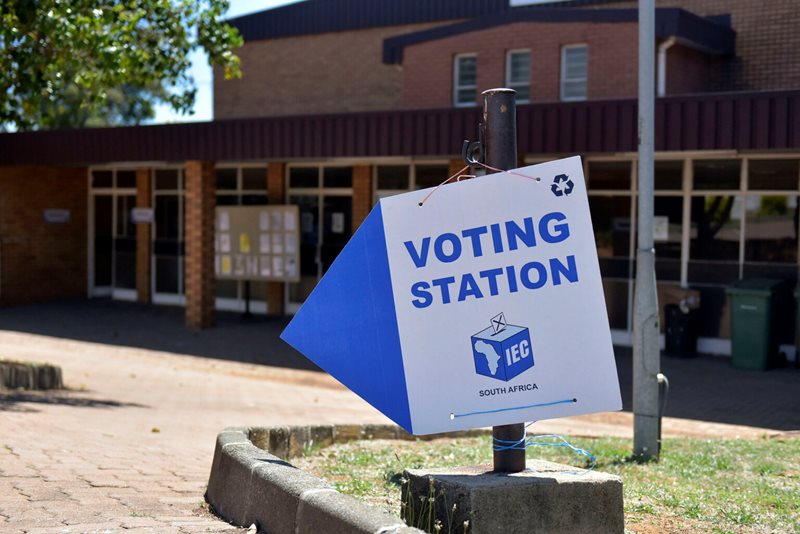By Ntombi Mhlongo
The Government of the Kingdom of Eswatini has commended neighbouring South Africa for the passing of the Electoral Bill.
In a press statement issued by Spokesperson Alpheous Nxumalo, the Eswatini Government said it supported the decision that there should be a more holistic and inclusive approach to the national elections which is aligned with the principles embraced by the current Tinkhundla Democratic System of Governance.
Nxumalo recounted that during his Speech from The Throne, His Majesty King Mswati III emphasised the importance of emaSwati safeguarding and protecting the Tinkhundla System of Governance.
“His Majesty specifically pointed out the importance of every LiSwati having the right to elect a Member of Parliament directly to the national assembly. His Majesty spoke as if he was alluding to a prophetic message that many other countries of the world are yet to embrace and adopt the principle and values enshrined in the Tinkhundla democratic system,” Nxumalo said in the statement.
Read More: Live Blog: Speech From The Throne
He said the Eswatini Government applauded South Africa’s governing party, the African National Congress (ANC) for upholding the wishes of the majority of the South African citizenry to take charge of their respective representatives in the national assembly.
“The Government of the Kingdom of Eswatini also wishes to assure the Government of the Republic of South Africa of its full support, advice and expertise as they implement this rather bold undertaking aligned to the Tinkhundla system in the next general elections”.
The spokesperson also encourages emaSwati to take pride in themselves for having authored an electoral and political system which now serves as a model to other states in the SADC region and worldwide.
South Africa’s Parliament adopted the Electoral Amendment Bill during the week. Once signed by President Cyril Ramphosa, the amendment will allow independent candidates to stand in the 2024 national and provincial elections.
South African publication, News24 reports that the bill was necessitated by a June 11, 2020, Constitutional Court ruling that declared the Electoral Act unconstitutional “to the extent that it requires that adult citizens may be elected to the National Assembly and provincial legislatures only through their membership of political parties”.
The Constitutional Court then suspended the declaration of unconstitutionality for “24 months to afford Parliament an opportunity to remedy the defect giving rise to the unconstitutionality”.
Read More: 10 Take-Aways from the Speech from the Throne
The publication further reported that in October, the National Assembly adopted the bill amid much opposition from civil society, who wanted a hybrid constituency-based electoral system, instead of the bill’s proportional system, favoured by the ANC.
The National Council of Provinces (NCOP) made amendments to the bill. Chief among the NCOP’s changes is a clause providing for the establishment of a panel of experts to consider more expansive electoral reform than what the current bill provides for.
The other change involves changing the threshold for supporter signatures, bringing what is needed by a party to register in line with what an independent candidate needs to compete in an election.
This necessitated the National Assembly to refer the bill to another round of public participation after the bill was referred to it. Parliament yet again had to apply to the Constitutional Court for a deadline extension. It extended the deadline to 28 February.


